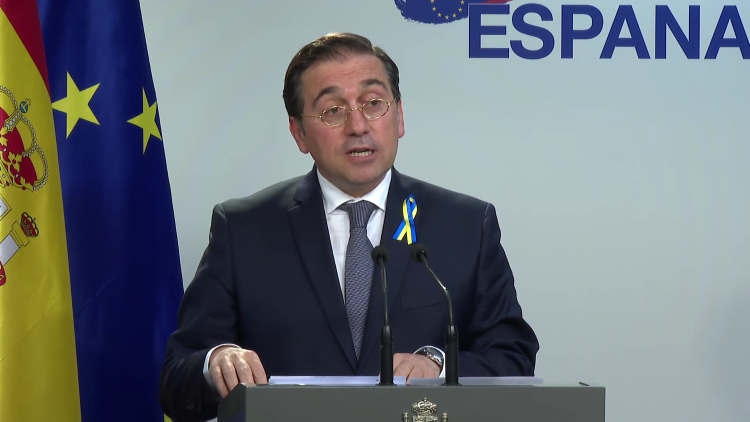Eduardo González
Tomorrow the European Parliament’s Petitions Committee will address several issues related to Spain, including the state of the rule of law in relation to the future amnesty law and the status of minority languages in the Union, including the Spanish co-official languages.
As reported by the European Parliament, the agenda of the Petitions Committee, which meets today and tomorrow, includes a series of complaints received, among which ten Spanish petitions stand out regarding the rule of law in Spain, the suspension of eviction procedures such as consequence of the COVID-19 pandemic and the installation of accessibility systems for people with hearing disabilities. Likewise, a study on the linguistic and cultural diversity of the European Union will be presented to the commission.
The first debate will address a battery of requests related to respect for the rule of law in Spain. These are eight petitions, the majority presented by citizens in their personal capacity and one of them on behalf of associations such as Unión 78, Foro Libertad y Alternativa, Foro España Cívica, S’ha Finish, NEOS, Cataluña Suma por España, De español a Spanish, PieEnPared, Libres e Iguales and Ciudadanos por Europa.
The eight petitions coincide in denouncing “an alleged erosion of the rule of law in Spain as a consequence of the future amnesty law that would benefit those prosecuted for the events related to the organization of the independence referendum and the unilateral declaration of independence of Catalonia”, indicated the European Parliament in a press release.
The complainants relate this measure to what they consider the need for the Spanish Government to reach an agreement with the Catalan independence parties after the July 2023 elections and demand that the European institutions, especially the Parliament and the Commission, “act to guarantee principles that ensure would be in danger, such as the equality of all citizens before the law or the independence of the judiciary.” The analysis of these petitions will take place tomorrow and most of the petitioners will connect remotely.
The second petition, presented on behalf of the Platform for People Affected by Occupation, denounces that there would be a systematic violation of the rights of rental property owners, who would not be able to recover it if a tenant refused to pay. The Petitions Committee will also analyze a third petition presented by a citizen of Spanish nationality, who asks that more effective systems be created so that people who suffer from hearing loss can improve their hearing ability in public buildings such as educational centers, museums, cinemas, theaters, town halls or metro stations.
On the other hand, during the meeting there will be the presentation of the study Linguistic and cultural diversity – Minority and minoritized languages as part of European linguistic and cultural diversity, prepared on behalf of the Petitions Committee, which will be presented by Professor Paul Videsotti, from the Free University of Bozen-Bolzano/South Tyrolean Institute of Ethnic Groups.
The study reviews the situation of minority languages in the Union, which includes some languages spoken in Spain, such as co-official languages and others that do not have that recognition, and analyzes community policies to protect them. It also proposes suggestions to preserve them as part of European cultural wealth. Both the last two requests and the study will also be analyzed tomorrow. Over the last few months, the Spanish Government has attempted to modify the European linguistic regime to make Catalan, Basque and Galician official within the European Union, in order to fulfill one of the commitments between the President of the Government, Pedro. Sánchez, and the Catalan independentists of Junts to obtain their support in the investiture.







